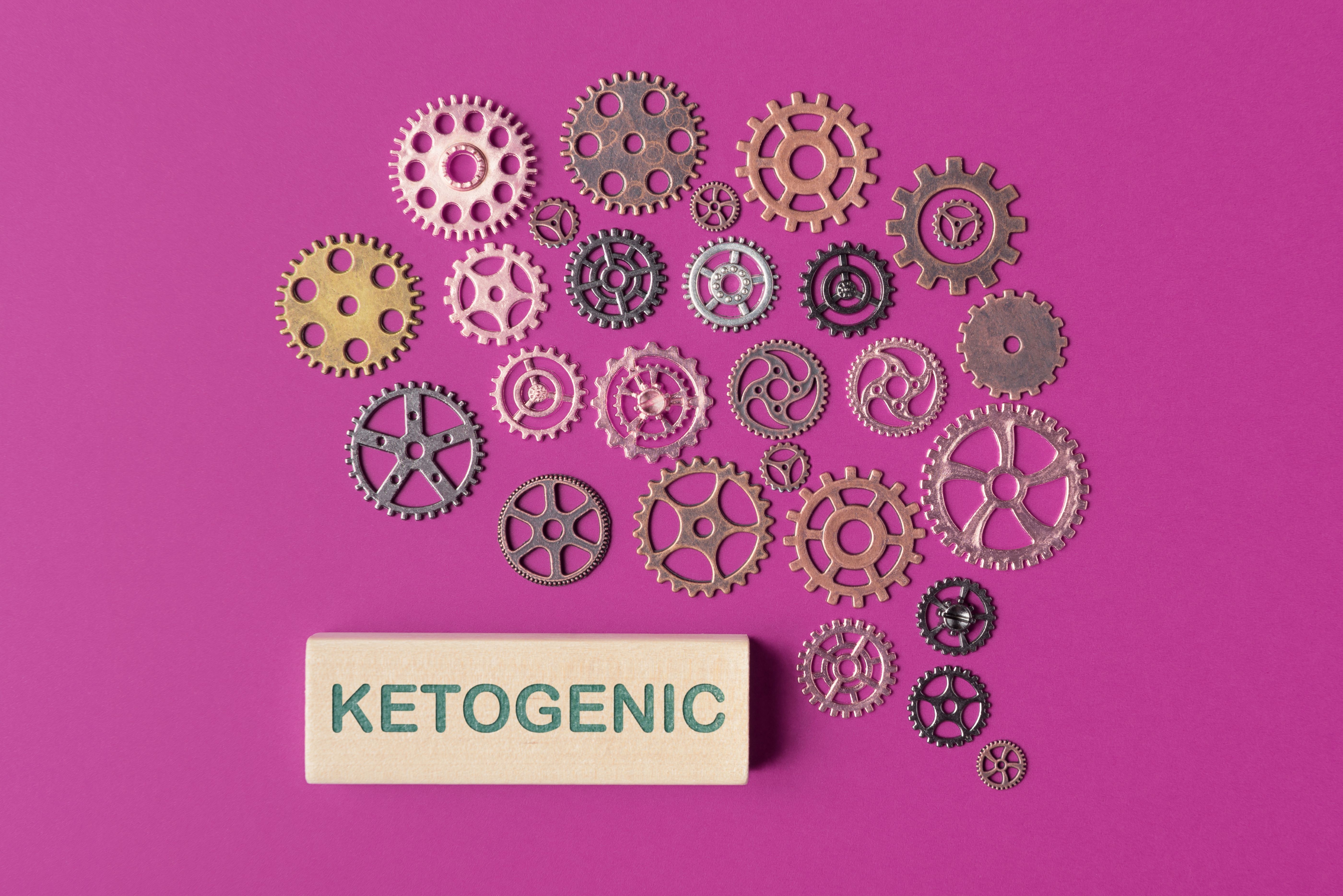Ketogenic Diet - Other Types and Uses

In the previous post, we discussed the classic ketogenic diet (keto diet) to treat epilepsy. As the classic keto is very strict and difficult to follow, various modifications of keto diets are used to suit individual needs and are listed below:
MCT diet is similar to the classical Keto diet but uses medium chain triglycerides (MCT) which are different types of fats.
Modified Atkins diet, here the diet is calculated for the whole day and distributed in various meals according to the patient’s lifestyle.
Low glycemic index diet uses only low glycemic index carbs (carbs which raise your blood glucose slowly).
All the above 3 types of diets allow extra protein and carbohydrates in the diet, as the proportion of fat is lower in these compared to the one in the classic keto. These are easier to follow; hence have higher compliance rate in adolescents, older children and adults with epilepsy.
If total calories are limited in keto diets, then this “burning” of stored fats results in weight loss. Due to health benefits like weight loss and improved energy levels, these diets are popular for management of medical conditions like obesity, Type 2 diabetes and women with PCOS etc.
Some Other Variants of Keto Diets
A targeted ketogenic diet allows for a few extra carbs before and after exercise.
High-protein ketogenic diet uses more proteins. In cyclical ketogenic diet, 5 days keto diet in a week is followed by 2 days of liberal carb intake. These variations in keto diets make them more flexible and helps to replenish glycogen stores with some benefits of ketosis. Hence, such diets are used by bodybuilders and athletes who want to retain muscle while losing fat. Vegetarian keto diets are possible by using paneer, cheese and high fat cream with other plant-based foods like soyabeans, pulses, avocados, oils, nuts, seeds, low-carb vegetables and fruits. For vegans, dairy is avoided.
Complications and problems with ketogenic diets:
Though keto diets use everyday foods, the proportions of fats, carbs and proteins in these diets are not normal. Side effects like nausea, vomiting, constipation, infections etc. can occur. Occasionally a drop in blood sugar with acidosis can lead to irritability and lethargy (especially in younger children). Low levels of serum proteins, electrolytes, vitamins and minerals are seen especially in vegans. Hence, it is essential to consult a doctor before and while on the diet and also take the vitamin and mineral supplements as advised by the healthcare provider.
In summary:
The ketogenic diet is useful in the treatment of intractable epilepsy in children. In motivated parents, it has a good success rate for control of seizures. Reduction in anti-epileptic medicines with better cognition are the added benefits. If used judiciously, these diets can also be applied for treating obesity, type 2 diabetes, PCOS, autism etc. with good outcomes.
Lastly, the use of theses diets to treat other medical conditions like parkinsonism, rheumatism and cancers is also being studied but is still experiment.
Submit your query